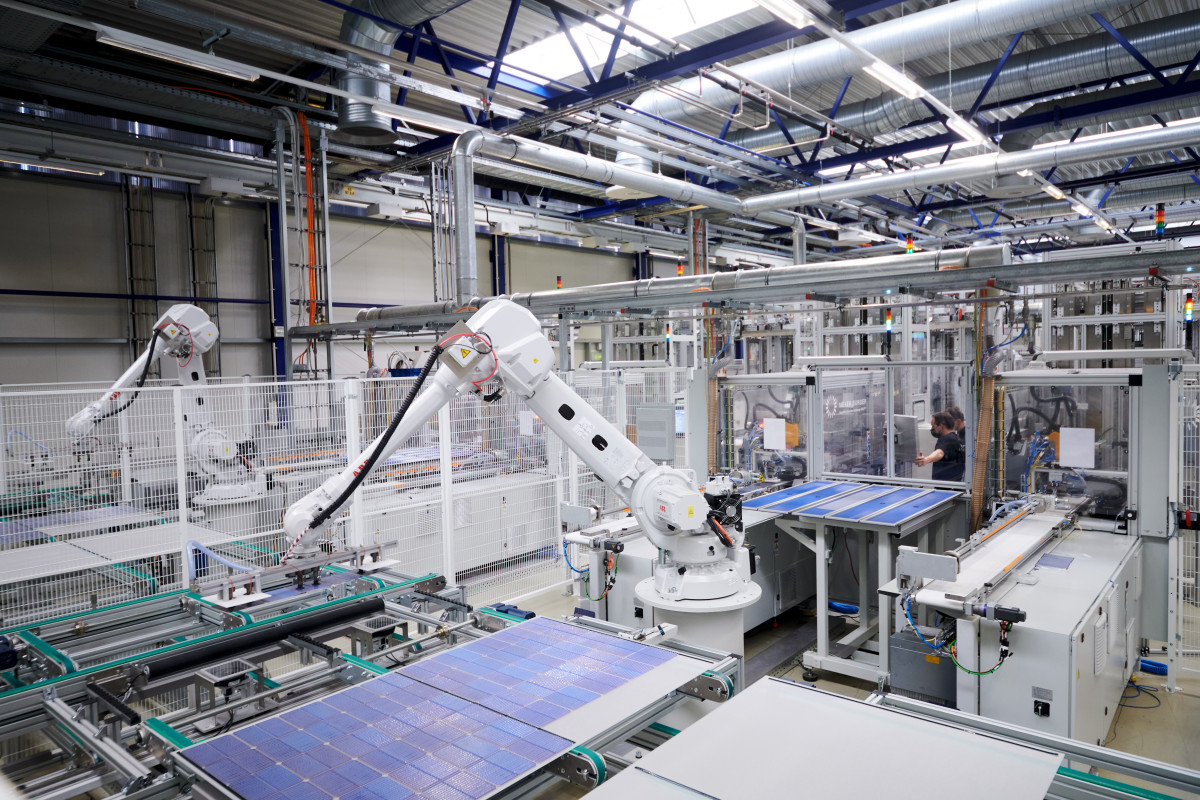Preview 2024: Luring green industry to EU without increasing costs a key challenge – Franco-German office
This interview is part of a series to preview the German and European energy and climate policy in 2024. The other interviews will be published in the coming weeks.
The German Constitutional Court’s debt brake ruling threatens many of the carefully crafted compromises the government achieved in climate and energy policy over the past year. Which of these compromises do you think must be preserved most urgently - and how? Where do you fear the budget reshuffling could hit climate and transformation spending - and why?
The Constitutional Court’s ruling has created a huge challenge for the government. All of the envisaged measures have been painstakingly put together and each one has its own justification in the government’s plans for individual sectors that are very relevant to the energy transition. Solving this problem is no mean feat. Whether a prioritisation or a reduction of the budget is needed remains to be seen. I won’t dare to say which ones are more relevant than others. Sounding out what is possible in the budget for 2024 and beyond is a task for the government.
But it’s clear that some important programmes are being affected by the ruling on the Climate and Transformation Fund (CTF). This includes the support for renewable power sources, which has been carried out through the CTF since the renewable power surcharge was abandoned – and which are, of course, enormously important for reaching the 2030 targets. Government support for efficient building is another part of the CTF and supposed to facilitate the substitution of gas and oil heating systems by primarily renewable heating systems, which has become mandatory due to the Building Energy Act. Another urgent project is industry decarbonisation. The so-called climate contracts for difference, which are supposed to cushion the extra costs caused by a transition towards climate-friendly production plants, are also affected by the ruling. The same is true for power price compensation of energy-intensive industries and ‘green steel’ production projects.
All these projects have become shaky, not least because they require enormous private investments too – and there’s a risk of a loss of trust in policymaking here. To steer private and corporate investments in the right direction requires clarity as soon as possible. The government has acknowledged this and its ambitions in this area will not be suddenly reduced by the ruling. But the projects must be signed and sealed now.
The political year 2024 in Europe will be dominated by the European Parliament elections in June. Which climate and energy topics do you think should be made priorities before the election – and which ones will await the newly elected Parliament and Commission further down the road?
There have been agreements at the European level on the energy market design and on industrial power prices that have cost everyone involved a lot of time and energy. Franco-German relations have also been shaken by this. The details and consequences of these agreements are not entirely clear yet. It would certainly help to get some clarity ahead of the European elections how these agreements should be implemented and what this means for member states. This concerns both the so-called post-ARENH solution that was proposed in France and the power price package for industry in Germany. It’s important to prepare the power market for a high share of renewable sources.
The Commission will also have to deal with industrial policy ahead of the elections. This has been a concern in France and Germany for a long time and it fully arrived on the agenda due to the geopolitical shifts and risks. For solar PV modules, wind power turbines, electric vehicles, battery production and the production of electrolysers, value creation chains will come under closer scrutiny than previously. What’s important here is to decide on an effective policy that increasingly lures production to Europe, while at the same time not slowing this technology’s expansion due to higher costs or other undesired effects. A few basic decisions will probably be taken here before the elections. The next Commission will surely have to continue dealing with this. The European elections are likely to have great influence on the future energy policy of Germany and Europe.
Which other topics and events in Germany and beyond do you generally think will - or should - shape the debate next year in your field - and why?
Views on how to answer this surely differ greatly - but interests do seem to converge at least regarding several points: the topic of hydrogen infrastructure and its demand and supply structure are certain to also keep us busy next year. The national hydrogen strategy has set out the main direction here. Some of the laws associated with this are currently being prepared. To name a few: the financing and conception of planned hydrogen-ready power plants and the associated infrastructure.
There has been a proposal for setting up an amortisation account that could be used for the financing of hydrogen infrastructure. There are also a lot of open questions at the European level as far as infrastructure and production are concerned that directly affect the implementation of Germany’s strategy. And it’s also likely that the continued expansion of Germany’s transmission grid is going to move into the focus. A lot of expansion projects depend on this, for example renewables, heat pumps or electric vehicles.



